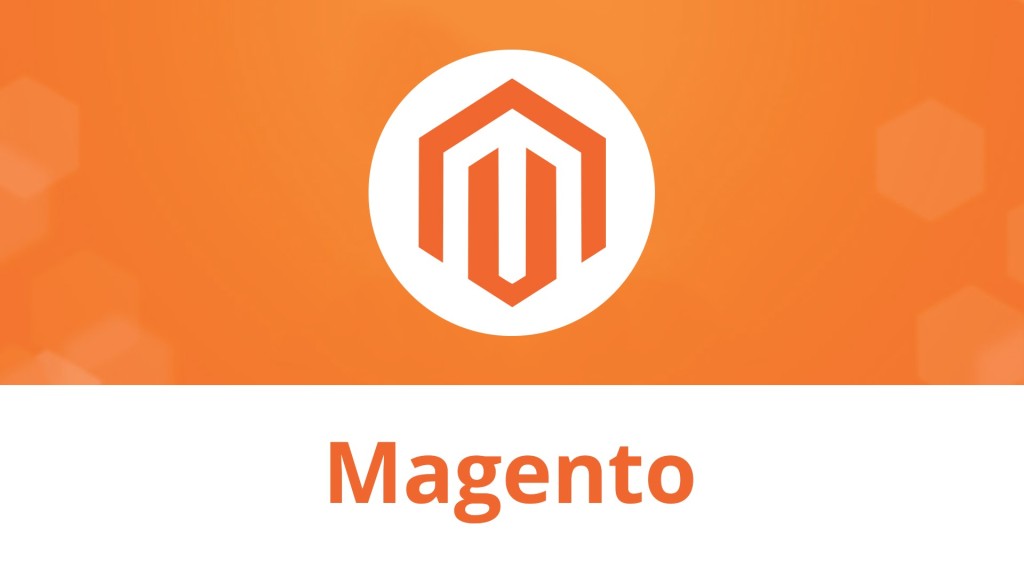When it comes to starting an online auto parts store, there are many things to take into consideration. One of the most important aspects of the puzzle is the platform you will utilize to power the ecommerce site. Below we have compiled a short list of the best eCommerce platforms for an aftermarket parts company.
There are two major categories when it comes to ecommerce platforms: hosted and self hosted. Hosted simply means that the company will host the store for you, while self-hosted refers to platforms that provide you with software itself, but you have to get your own web hosting.
For stability purposes, we often recommend going with hosted versions because you always have dedicated support and chances of it going down due to hosting are slim to none. The downside of hosted software is that you will have to pay a monthly fee, and sometimes it can be pretty high.
Hosted Solutions
 Shopify
Shopify
Shopify is quickly becoming our favorite e-commerce platform. The user interface of the admin panel is gorgeous. Although it has its limitations, there aren’t many things we are not able to accomplish with it.
The biggest downside is the limited ability to change the checkout page. Although you have some control over it, it is minor. So if you’re trying to design the checkout page to be exactly how you want, Shopify is probably not for you. Matter fact, none of the hosted solutions will offer customizable checkout process. So, that’s a requirement, save yourself some time and jump directly to the Self Hosted section.
One area where Shopify easily beats is competition is with awesome add-on apps. Similar to a smartphone, Shopify has many apps that you can download and install on your store, which extend the default systems and/or introduce new functionality. Their entire app process is set up much better than the competition and they have the most available apps, too.
Shopify starts at $29/mo. And if you use their credit card processor, you will only have to pay the standard 2.9 percent + 30 cent rate. If you upgrade to a higher plan, the per-transaction fee is lower.
Volusion
Volusion is a similar platform to Shopify, except it is about a hundred times less customizable which we are not fans of. It is quite locked down, so you cannot do much with it. For starters, the entire website is generated using just one main template file. If that doesn’t sound silly enough, you also cannot retrieve basic information about store, products, categories, or cart contents needed for many remarketing tracking scripts. This makes Conversion Rate improvements especially difficult.
Although their support is responsive, they simply are not helpful most of the time. But perhaps that’s because most of the technical questions we’ve asked were not possible to accomplish in Volusion.
You can get Volusion for as low as $15 per month, which is almost 50% cheaper than Shopify, but I wouldn’t recommend them.
BigCommerce
BigCommerce is similar to Shopify and Volusion, but I would rank it closer to Volusion than Shopify. Although you can customize it slightly, it still lacks the total control of Shopify. A bonus, however, is the ability to implement Google Trusted Stores and Product Feed with their built-in functionalities. From there, after a series of additional steps, just about any store can sell their auto parts via Google Adwords directly from the platform itself.
One area where BigCommerce is better than Volusion would be the user interface of the admin panel. It looks a lot cleaner and is much easier to navigate.
BigCommerce starts at $29.95/mo. and with that plan you also have to pay a 1.5 percent transaction fee, in addition to other credit card processing fees. Be careful as you could quickly find yourself losing money even while making sales.
The Hosted Winner – Shopify
Out of these three hosted ecommerce platforms, Shopify is without a doubt the strongest option for most automotive aftermarket manufacturers.
Self Hosted Solutions
Magento
This is an e-commerce platform that has been around for ages. Perhaps the criticism I am about to unleash on it could be attributed to that.
Although used by a large majority of big e-commerce websites, Magento is a platform I would not wish on my worst enemy.
It’s hard to administer, so you either need to know your way around a server, understand the UNIX platform or hire someone who does. Even then, issues typically popup every 3-4 months that require several hours to research and implement fixes. It’s difficult to customize, and ever more frustrating to upgrade; especially if there are a lot of plugins. Not to mention it’s a massive resource hog.
Ultimately, you’ll get tired of having to play system admin when all you want is a stable shopping cart that works well, is easy to customize, and would automatically stay up to date. There are plenty of better options out there. Magento is one of the worst and always has been. 15 years ago when we first started designing ecommerce solutions, even then, Magento was playing catch-up to the rest of the market.
Of course, everyone has a preference to their platform of choice and can support why Platform Blah Blah Blah is awesome. But I can assure you, you will quickly regret Magento.
WooCommerce
Comparing WooCommerce to Magento is difficult because WooCommerce is a WordPress plugin so it depends very much on WordPress. You cannot use WooCommerce without WordPress.
WooCommerce is great because it offers ultimate customizability. Anything you can do with WordPress, you can do with WooCommerce. Only WordPress developers will understand what I mean, but using actions, hooks, and filters to make enhancements or changes to functionality is pretty sweet and efficient.
As with anything WordPress, the resources available are endless. You have access to millions of themes and plugins to do exactly what you want. And in the rare scenario where you need something custom, there are many quality developers waiting to work (*hint*hint*).
Because WooCommerce is a WordPress plugin, you also get all the goodies that comes with WordPress. That means blogging on your ecommerce store comes standard and is all very neatly organized. Compare that with Magento where you have to install a blogging extension just to even start blogging.
The Self Hosted Winner – WooCommerce
For me, this is a no-brainer. In 95 percent of cases, I think WooCommerce is a better and safer choice than Magento. Unless you have millions of dollars in your development and maintenance budget, you shouldn’t really touch Magento.
If you use Magento, you will need custom development sooner or later and there’s no way getting around that. In fact, you will probably need a developer on call 24/7 for whenever you want to do any minor change to your store.
Overall Winner
So who is the ultimate winner here? Well, it’s a tie between Shopify and WooCommerce. If you are a big company with lots of automotive products and traffic, then Shopify is a safer choice to go with because you will have better and more dedicated support.
WooCommerce is perfect for average and smaller stores that just need a store to sell a few things and sell them right!
Yes or No: Have you had a negative experience with an eCommerce platform before?







